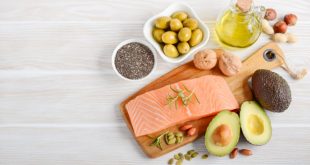By: Jocelyn Li
With the new technology of the 21st century, many farmers and companies have transitioned to factory farming, causing pastoral farming to practically disappear. Although factory farming is efficient, pastoral farming has proven to be more healthy, eco-friendly, and beneficial than industrial farming. Cows in the factory farming industry are fed a diet consisting of corn, protein, and often times liquified cow fat. This mixture is cheap for the farmer and also speeds up the growth process of the cow. However, an animal fed corn “contains more saturated fat and less omega-3 fatty acids than the meat of animals fed grass” (Pollan, 75). What results is a less healthy cow, and thus, poorer meat for human consumption. Cows that are fed grass, on the other hand, eat naturally grown food. Not only does pastoral farming improve the health of animals and humans alike, but grass farming also lessens the use of fertilizer and other dangerous chemicals. Similar to what corn does for animals, fertilizers speed up the growth rate of plants. These plants, if not consumed by us, are also consumed by animals. The unnecessary use of chemicals “will someday infect us and withstand the drugs we depend on to treat that infection” (Pollan, 81). Additionally, the chemicals used in farms will eventually either wash away into the ocean, contaminating it, or evaporate, which can cause acid rain. Grass farming provides a more environmentally healthy approach to the caring and raising of both animals and plants. The wellbeing of humans depends on the food they eat, and pastoral farming is clearly a safer and healthier method of growing the vegetables and meat we intake.
The Omnivore’s Dilemma, Michael Pollan
New Zealand, 2006
Check Also
5 Foods for Healthier, More Beautiful Skin
By: Eileen Guo Perhaps nowhere is the common refrain “You are what you eat” more …
 Tempus Magazine By Students, For Students
Tempus Magazine By Students, For Students 


